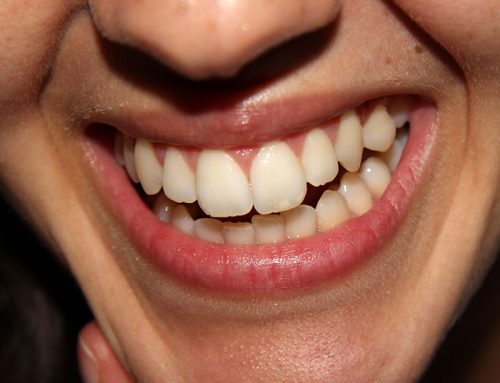Lets start with what is massage therapy? Massage therapy is the manual manipulation of soft body tissues including muscle, connective tissue, tendons, and ligaments to enhance a person’s health and well-being. So now you know. When most people think of massage therapy, the common notion is that, that person has had a sports injury, car accident or over did it at the gym. There are many people who will also seek out massage therapy for chronic back pain caused by hours at the computer or behind the wheel of a car. But we forget the muscles we use thousands of times over and over again every day, the ones we use for chewing and speaking. The majority of people do not actively seek out massage therapy until about 60% of function has become affected, which sounds crazy to me!
Before we start talking about massage, it all starts with something called fascia. I think we’ve all learned about this stuff in school. Fascia is the fibrous connective tissue that surrounds muscles, organs, and bones. It is like a strong spider web that holds the whole body together, defines our shape, and is located everywhere within our bodies. Fascia has also been known as a shock absorber when the body encounters an accident, illness, or emotional tension. Over time, this stress causes the fascia to lose its elasticity and become hardened, twisted, and shortened. Chronically, this leads to limited joint mobility and impaired muscle potential, which in turn makes the body less resilient and prone to further injury.
Temporal Mandibular Disorders (TMD) can be caused by many things such as misalignment or malocclusion of the teeth or jaw due to trauma or injury, teeth grinding (bruxism), poor posture, stress or anxiety, inflammatory muscular disorders (i.e. arthritis) or excessively chewing gum. Some symptoms of TMD may include pain radiating into the ear, neck and shoulders, headaches that may be further aggravated with chewing, clicking, catching, or locking of the jaw. Other physical signs may be a deviated mandible causing issues with closing or opening the jaw, even ringing in the ear can be a sign that there might be an issue regarding the jaw and surrounding muscles and ligaments.
Amy is a registered massage therapist working in Richmond. She graduated from West Coast College of Massage Therapy in 2011. She also does volunteer esthetics work with an organization called the Lipstick Project.







